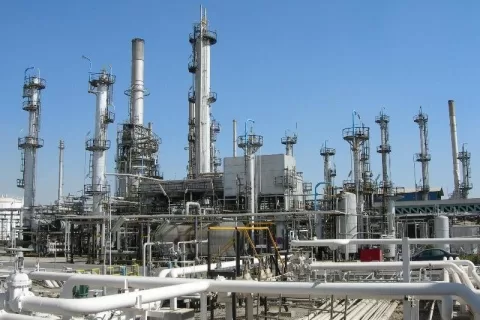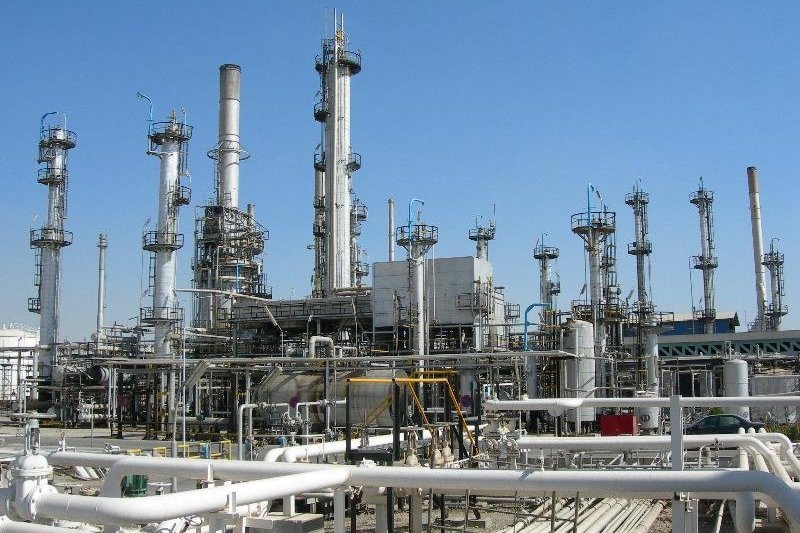Construction of the oil refinery in northern Cabinda province, Angola is set to start after the landmine-free certificate attesting to the safety of the site to receive the infrastructure was released.
In order for the formal start of construction of the plant 30km of Cabinda city, about 330 acres of land were cleared of landmines, in an operation that involved Angolan Armed Forces (FAA) staff and National Demining Institute (INAD) personnel.
According to the CEO of the Angolan Oil Company (Sonangol), Sebastião Gaspar Martins, the release of the site landmine clearance certificate sets one of the most relevant stages of the Cabinda refinery construction project.
Angola’s new Cabinda crude oil refinery is on track to start up later this year before ramping up to full first phase production of 30,000 barrels a day by July next year, the plant’s Chief Executive Marcelo Hofke said on Thursday.
With almost two-thirds of the construction completed, Cabinda is the most advanced of three new planned refineries, alongside an Eni-supported plant in Luanda being upgraded, that sub-Saharan Africa‘s second-biggest oil producer is leaning on to cut imported refined products for domestic use.
“The idea is to start commissioning by the end of this year…and we want to reach full production by the end of July,” Hofke told Reuters.
First Phase of the Cabinda oil refinery
The first $473-million phase of the modular refinery will produce naphtha, jet fuel, diesel and heavy fuel oil (HFO), with the naphtha and HFO destined for export markets because Angola did not have much use for them, he said.
The first phase is expected to supply 10% of Angola’s domestic fuel market before doubling market share once the second phase to 60 000 bl/d is completed.

Engineering for Phase 2 is expected to start as soon as the commissioning begins by the end of this year, Felipe Berliner, group chief investment officer at Gemcorp Holdings, said.
Gemcorp is a 90% shareholder in the Cabinda refinery and state-owned company Sonangol holds the rest.
Berliner said banks that participated in the first phase are keen to continue funding a second phase that’s expected to take the total cost to $1-billion. Among original funders are Africa Finance Corporation and African Export-Import Bank.
Also Read: ADNOC invests US $245m to upgrade main oil lines and Jebel Dhanna terminal
2nd and 3rd phases
“Once the second phase is complete, the Cabinda refinery will process 60,000 crude oil barrels a day; that is by end of 2021. The plant will also be in a position to process the naphtha resulting from the process of distillation into gasoline,” he said.
The CEO further added that the third and last phase will enable the refinery to supply the local and regional markets with diesel, fuel for airplanes and naphtha; that is by end of 2023; thus decisively contributing to boost Angola’s exports.
The project is estimated to cost over US $500m, involving a partnership between the firms Gemcorp and Sonaref, a Sonangol’s subsidiary.
Also read: Angola’s 2GW Connectivity Project MOU Signed

Leave a Reply